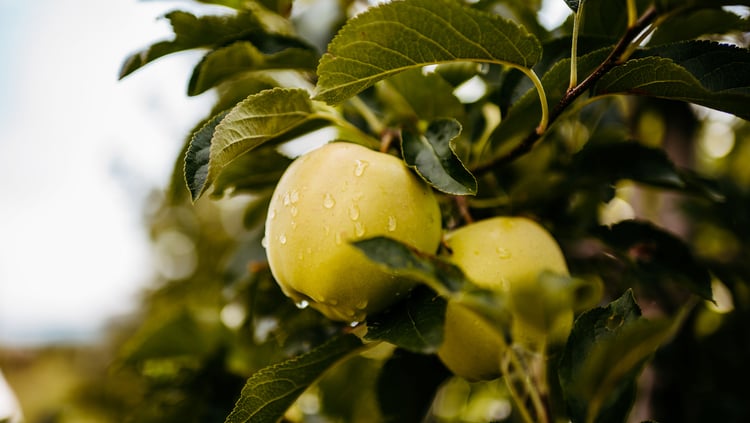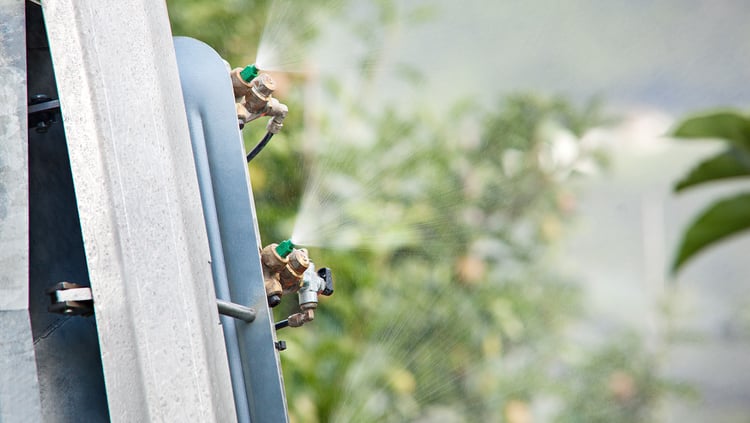
Which pesticides are allowed?
Pesticides have to effectively control pests and diseases without affecting the plants. Moreover, they must not have any negative effects on humans, animals and the environment with proper use. Only pesticides that are scientifically tested and officially approved are used in fruit production. Pesticides are only approved in the EU if they are actually required due to the occurrence of pests.












